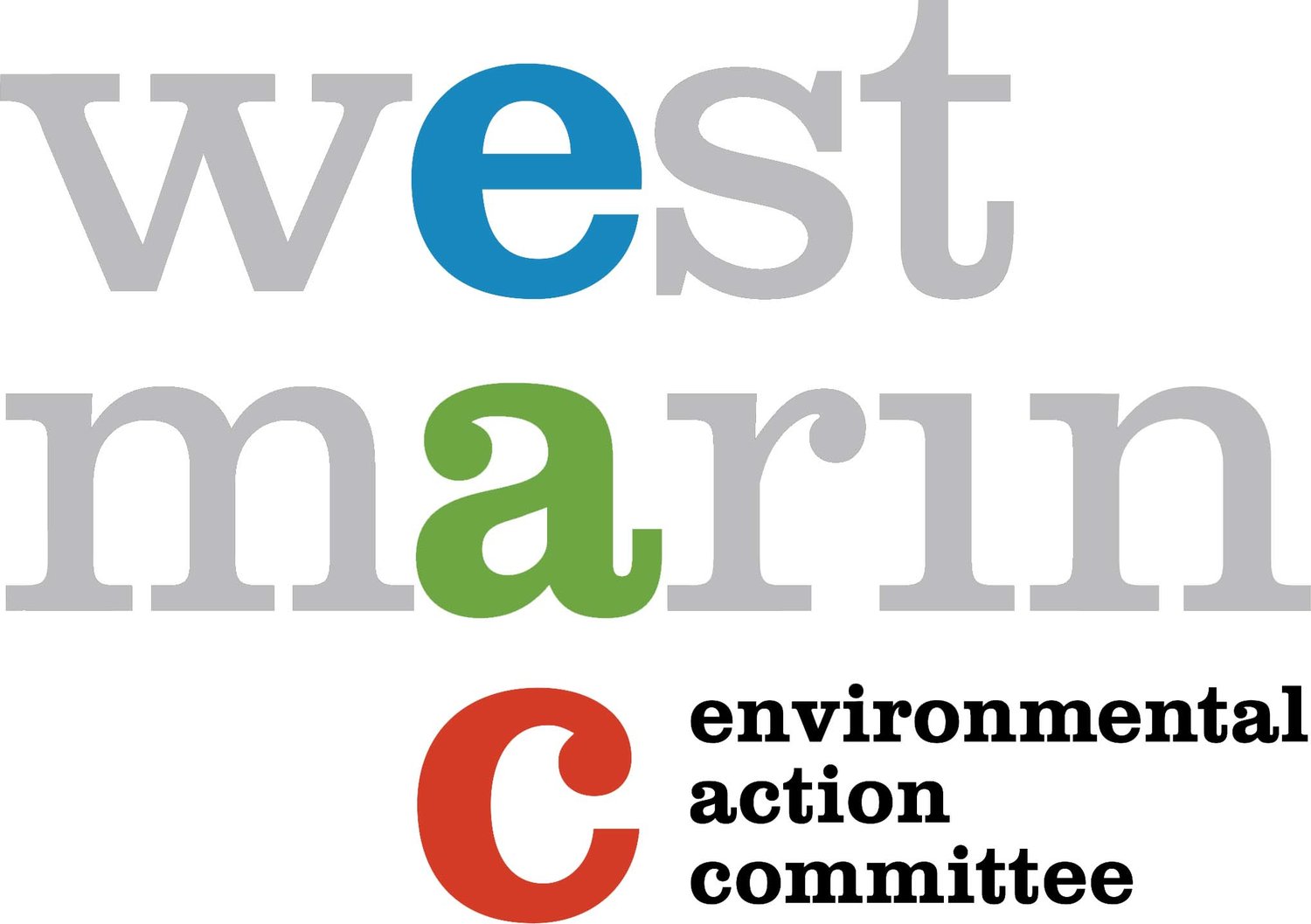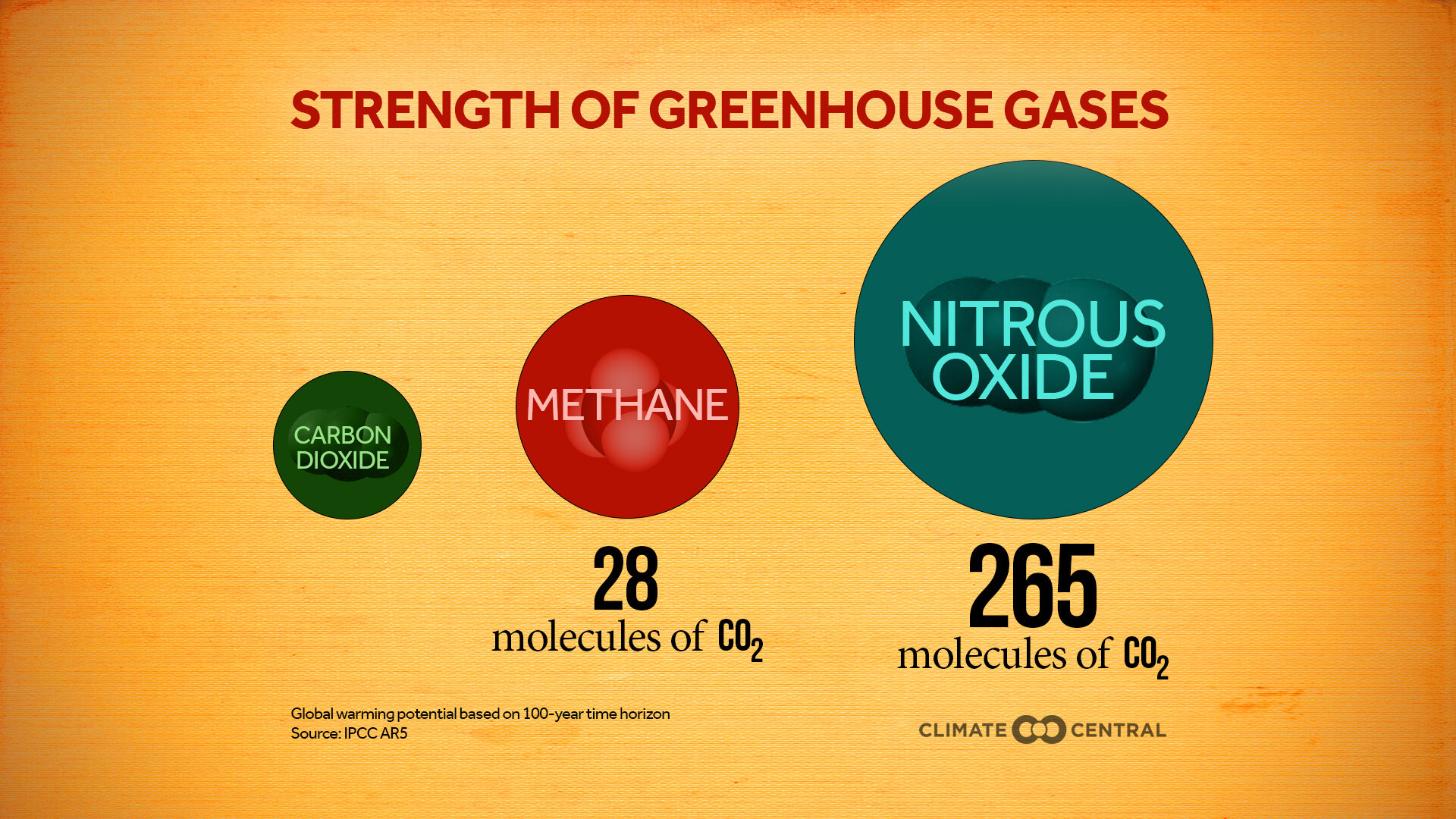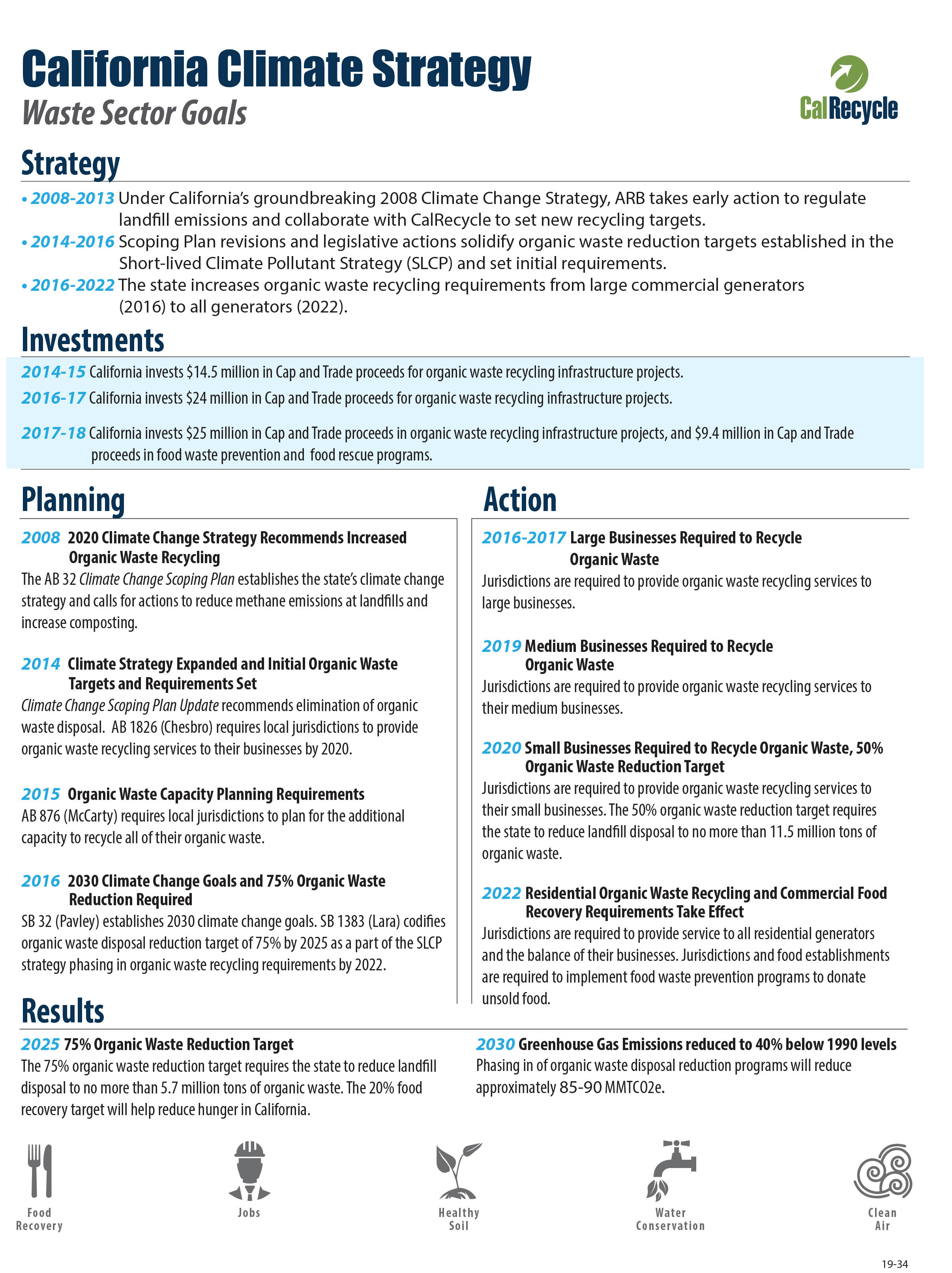At the close of 2019, Recology Sonoma Marin (Recology), West Marin’s waste hauler, proposed a 30% rate increase that once approved in 2020 increased the cost of a 32-gallon can in West Marin from $9 to $41/month. Recology, who took over the contract from the prior waste hauler, the Ratto Group, justified the increase to bring rates in West Marin up to standard market-rates.
EAC took notice of the dramatic rate increase and submitted public comments to raise awareness of the implementation of the 2016 California Senate Bill 1383 (SB 1383). SB 1383 will dramatically change the way we sort and manage our trash. The goal of SB 1383 is to reduce short-lived climate pollutants or greenhouse gases (GHG), like methane, from entering our atmosphere from dairy, livestock, and organic waste in our landfills.
EAC supports SB 1383's ambitious goals to achieve a 75% reduction in organic waste by 2025, and we took the Recology rate increase as an opportunity to raise awareness about this key move towards zero waste and other concerns when it was considered and approved by the Board of Supervisors last month.
sb 1383 seeks to achieve a 75% reduction in organic waste by 2025.
Implementation of SB 1383 is an important step to reducing short-lived and powerful GHG emissions into our atmosphere. SB 1383 not only targets food waste, but also requires food recovery programs to be developed to reduce the amount of organic food waste that could be redirected to food insecure.
Decomposing organic waste that ends up in our landfills is responsible for 17-18% of GHG emissions THAT CAN BE prevented from ENTERING LANDFILLS.
Methane emissions created from human activities (including landfill, dairy, and livestock) are significant drivers of climate change. In the United States, methane accounts for almost 10% of GHG emissions. Methane in the atmosphere has increased over the last 200 years due to the extraction of fossil fuels, raising livestock, placing organics into our landfills, and more. Methane traps 84 times more potent than carbon dioxide.
requirements of sb 1383:
50% reduction in statewide disposal of organic waste from 2014 levels by 2020,
75% reduction by 2025, and
20% reduction in edible food currently disposed of by 2025.
These statewide reduction targets are intended to be passed along to local jurisdictions and will require changes to infrastructure, programming, and education in order to handle organic waste, though the regulatory language is not yet finalized.
Implementation of this regulation is going to result in rate increases and requires significant public outreach and education to meet these goals.
EAC and Surfrider Marin sent a joint letter to the Marin County Board of Supervisors outlining questions about the Recology rate increase and asked what might be expected from SB 1383 in the coming years.
Key questions and concerns:
Will the rate increase provide funding towards compliance of the mandates of SB 1383?
January 2020 is when jurisdictions are required to provide organic waste recycling services to small businesses, when will Recology provide composting services to all businesses and schools in West Marin?
Request to phase in replacement carts and debris boxes to reduce the amount of plastic waste generated by replacing all carts to focus on older and damaged carts.
Provide a financial hardship discount for low-income individuals.
Recology had mistakenly stated that they had a financial hardship program in Marin, at the Supervisor’s meeting Recology clarified that there is no financial hardship program in Marin County. Supervisor Rodoni asked that the County address that to provide this service for West Marin.Designate General Fund Franchise revenues to assist with the reduction of organic waste and implementation of Marin’s anticipated reusable food-ware ordinance.
“Now is the time to raise awareness about these important statewide goals that seek to reduce green house gas emissions. As the County is working to address the impacts of our climate emergency through multiple efforts, there is a need for the County to address collection and processing of organic materials to reduce our emissions.”
LEARN MORE:
Read EAC & Surfrider Marin’s comment letter
Read the Department of Public Works’ response letter
Read County staff report
CalRecycle SB 1383 Implementation
Learn more about SB 1383: Text, CalRecycle Info.
PRESS:
Marin IJ January 6, January 20
Point Reyes Light January 1, January 22
Photography by: Grahamphoto23 (Canva)






